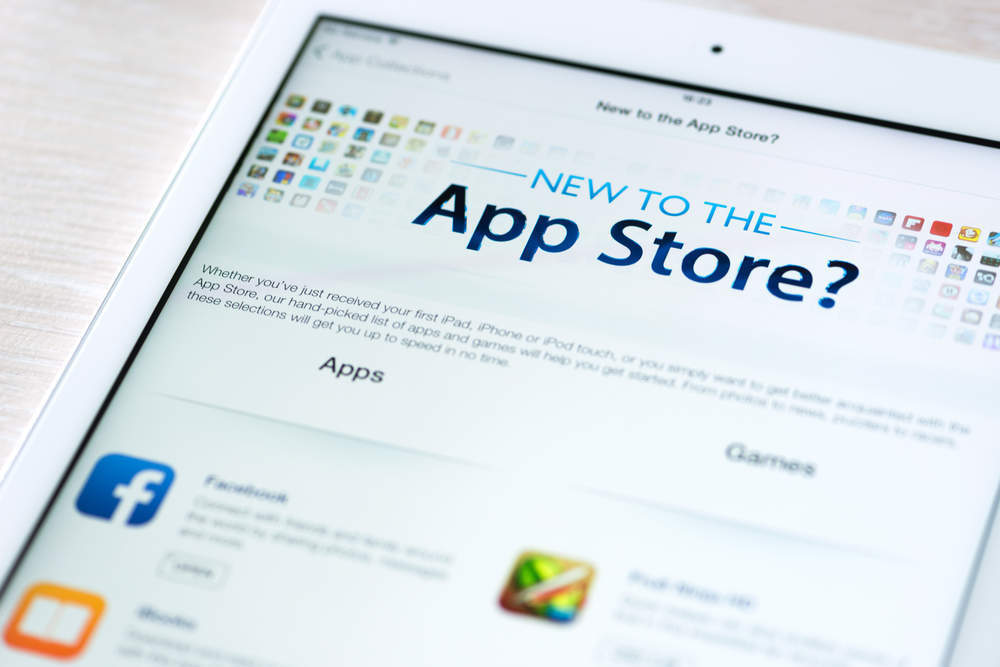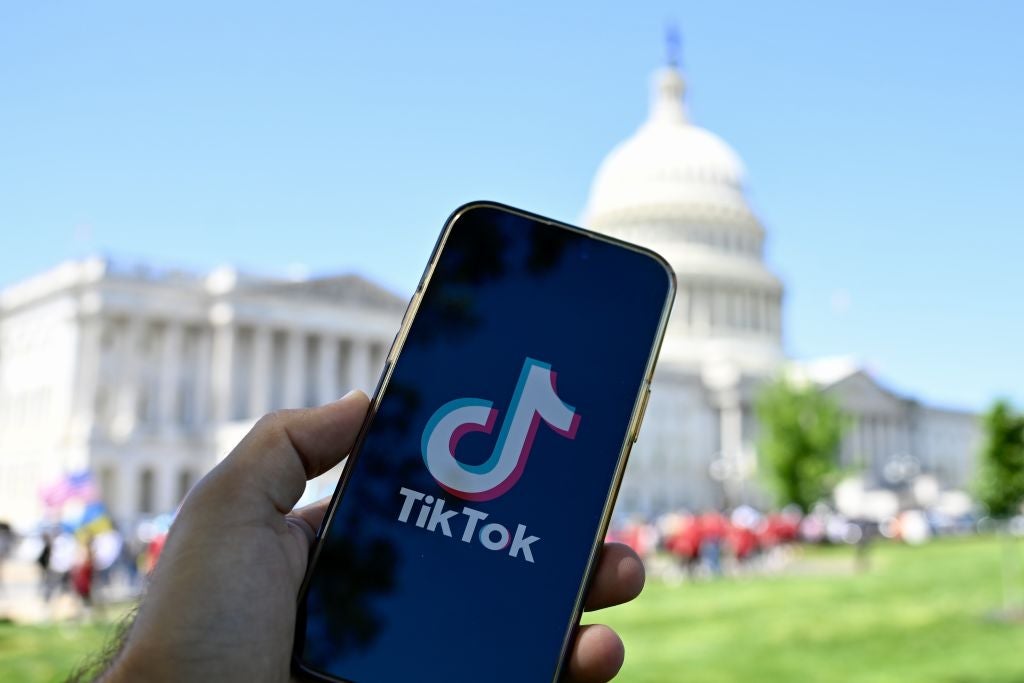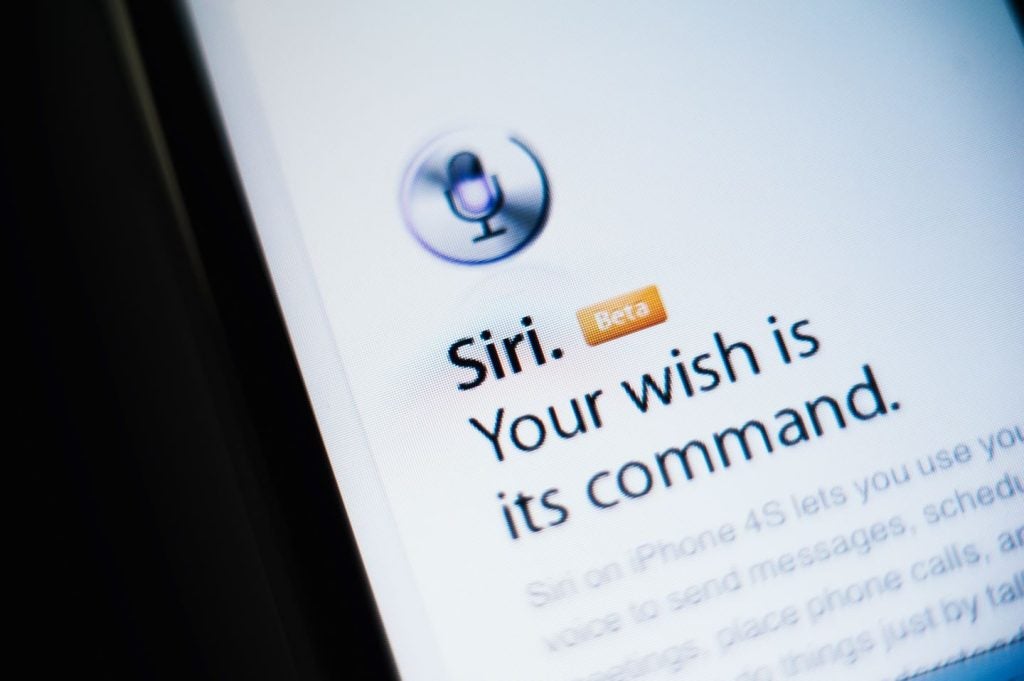
This autumn, the US Supreme Court will weigh in on an ongoing antitrust case which begs the question: who actually owns the apps running on our devices?
The high court will determine whether end users are technically buying their apps from Apple or the independent software developers creating and distributing those apps through the Apple iOS App Store.
What is the problem?
Because Apple requires apps running on its iOS devices to be sold through its App Store, which charges the developers a 30% commission fee on app revenues, developers and customers are accusing Apple of jacking up prices under a monopoly practice.
It all started back in 2011 when iPhone owner Robert Pepper filed an antitrust complaint claiming unfair pricing by Apple under its distribution model.
Apple won the case in 2014, but a court of appeals reversed the decision in 2017. This summer, the Supreme Court agreed to hear Apple’s case, and developer consortium are waging campaigns in the US seeking sympathy.
It’s about developer innovation
Morgan Reed, President of the App Association representing small business developers in the US, recently commented on the issue, noting that it is the small business software developers who make iPhone devices exciting and useful via their innovative designs, not Apple, regardless of which platform is used.
How well do you really know your competitors?
Access the most comprehensive Company Profiles on the market, powered by GlobalData. Save hours of research. Gain competitive edge.

Thank you!
Your download email will arrive shortly
Not ready to buy yet? Download a free sample
We are confident about the unique quality of our Company Profiles. However, we want you to make the most beneficial decision for your business, so we offer a free sample that you can download by submitting the below form
By GlobalDataIt would therefore be devastating if it was decided that Apple was the customer as opposed to the actual end users, placing more power in the hands of Apple.
Indirectly but equally important will be the court’s ability to help the industry validate the critical role of the technologists and developers in driving the cloud and mobile revolution (arguably the economy’s greatest asset currently), if we can sustain this supply of brain power.
Unfortunately, the court case illustrates a larger issue, which is the lack of qualified technical expertise available to meet the insatiable demand for innovation in a fast-moving industry that involves big data and real-time analytics. Reed said there are currently 500,000 open technology job requisitions in the US which companies are struggling to fill, including software programmers and data scientists.
A win for Apple will only help steer young people away from computer science degrees. Apple reportedly made $11 billion last year solely in App Store commissions, illustrating the David and Goliath scenario of this court case when considering the greed behind corporate America versus overextended independent software developers.






Related Company Profiles
Apple Inc